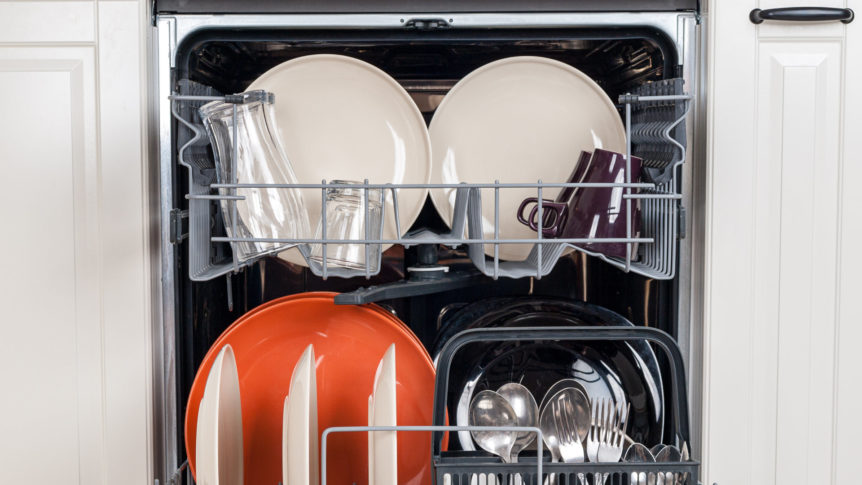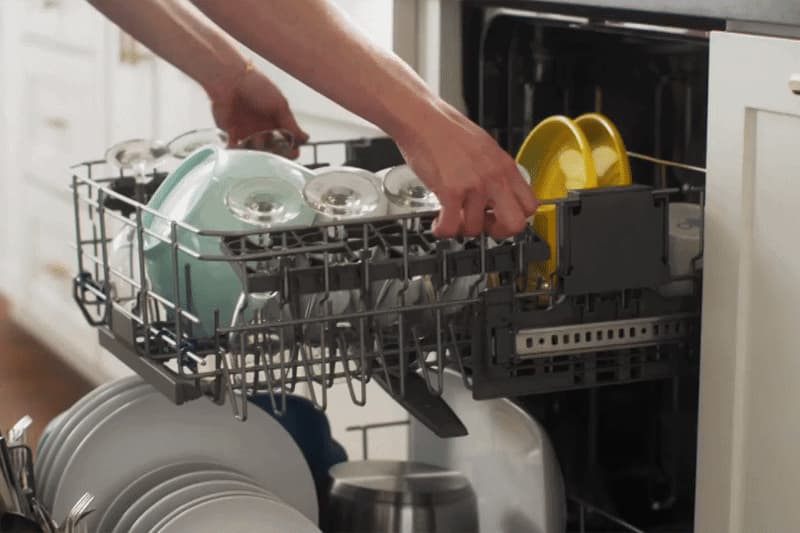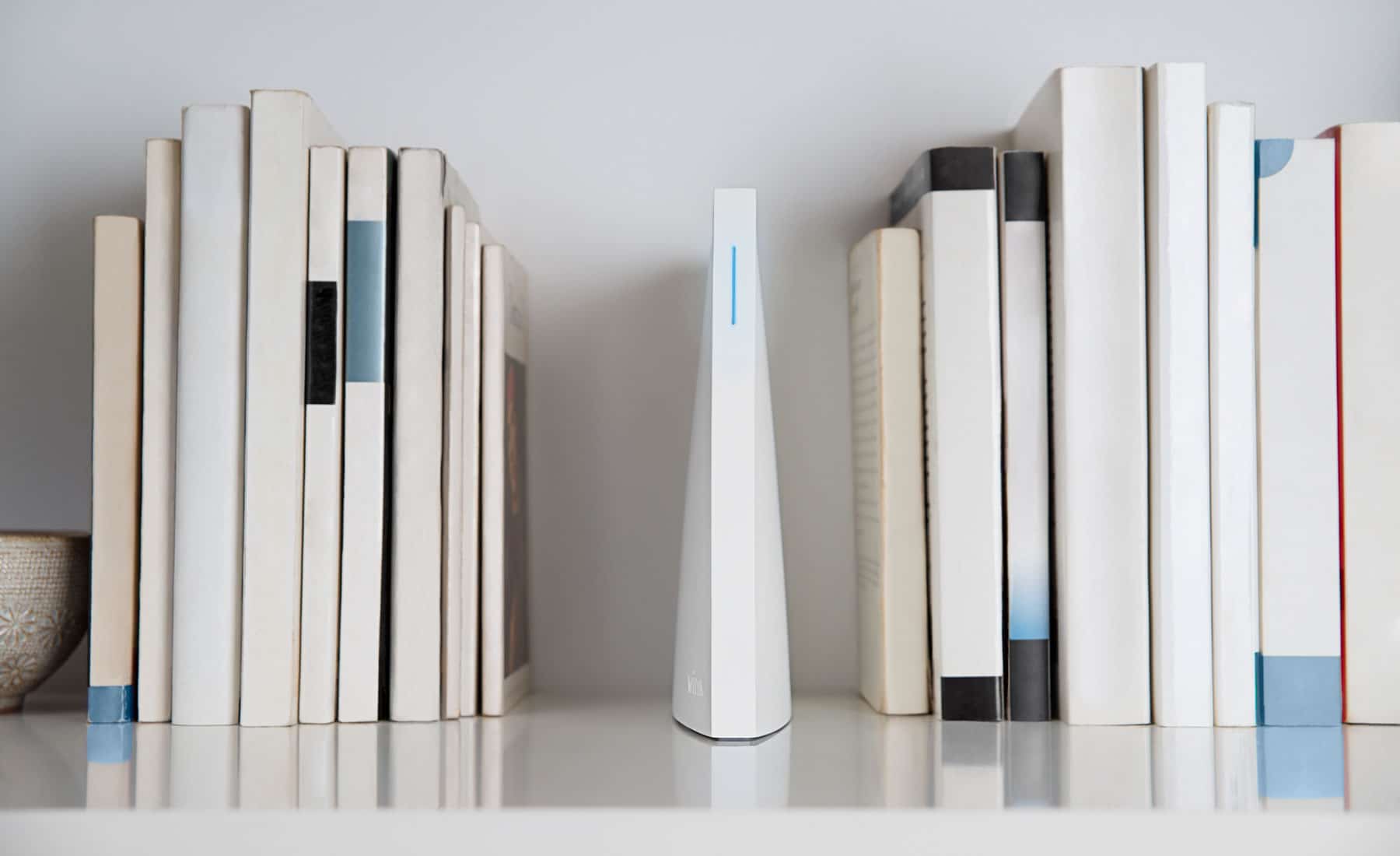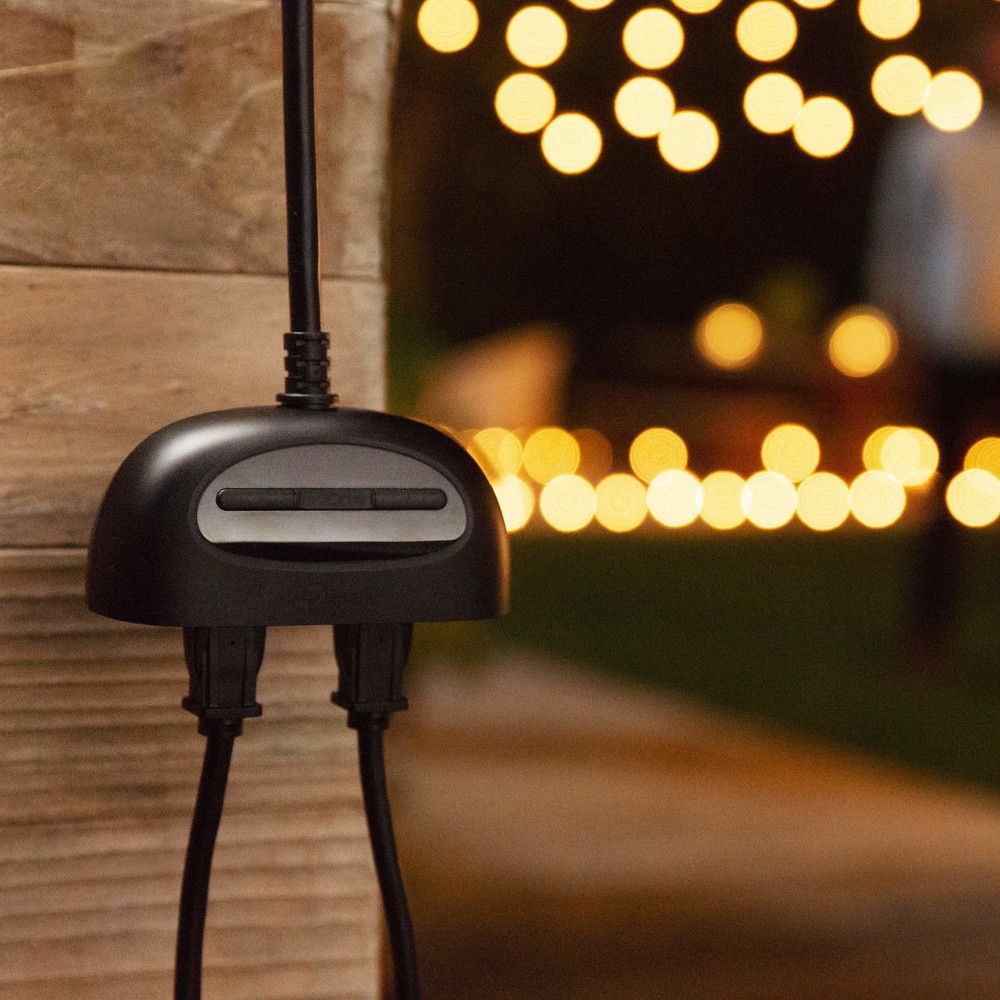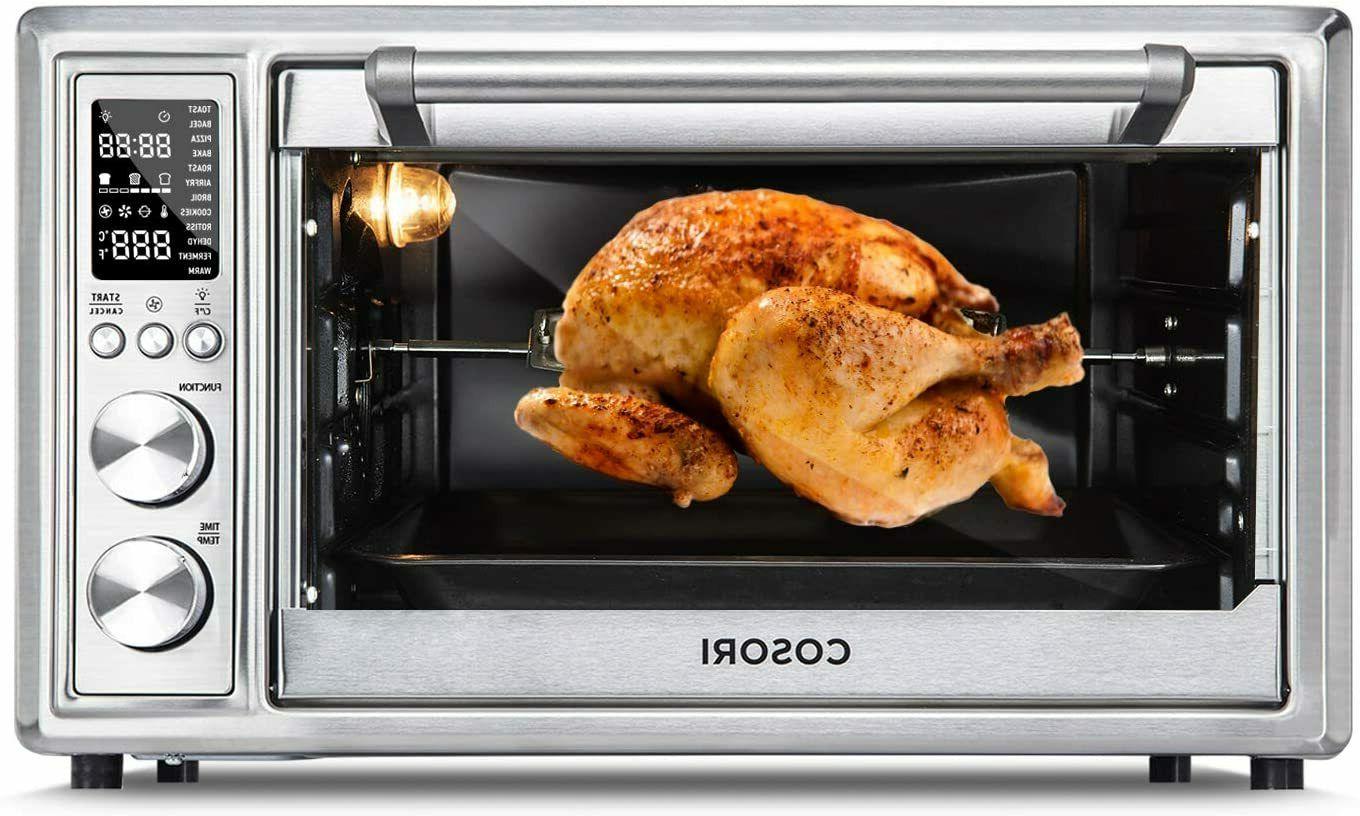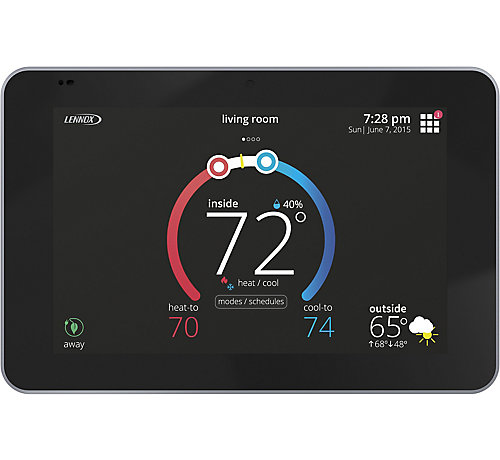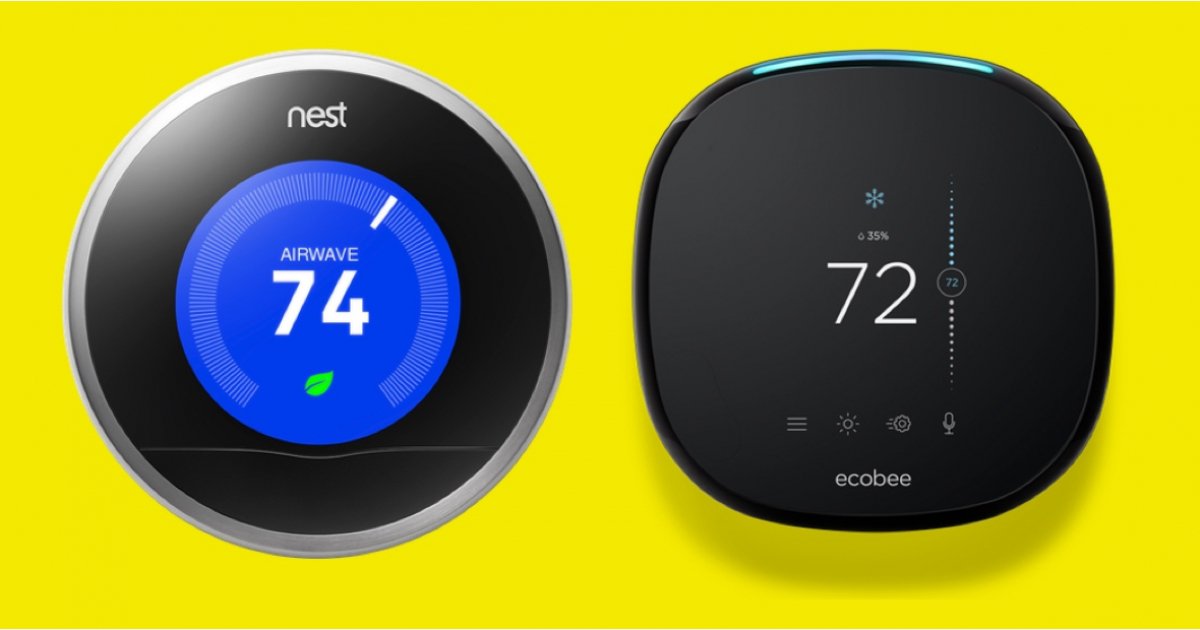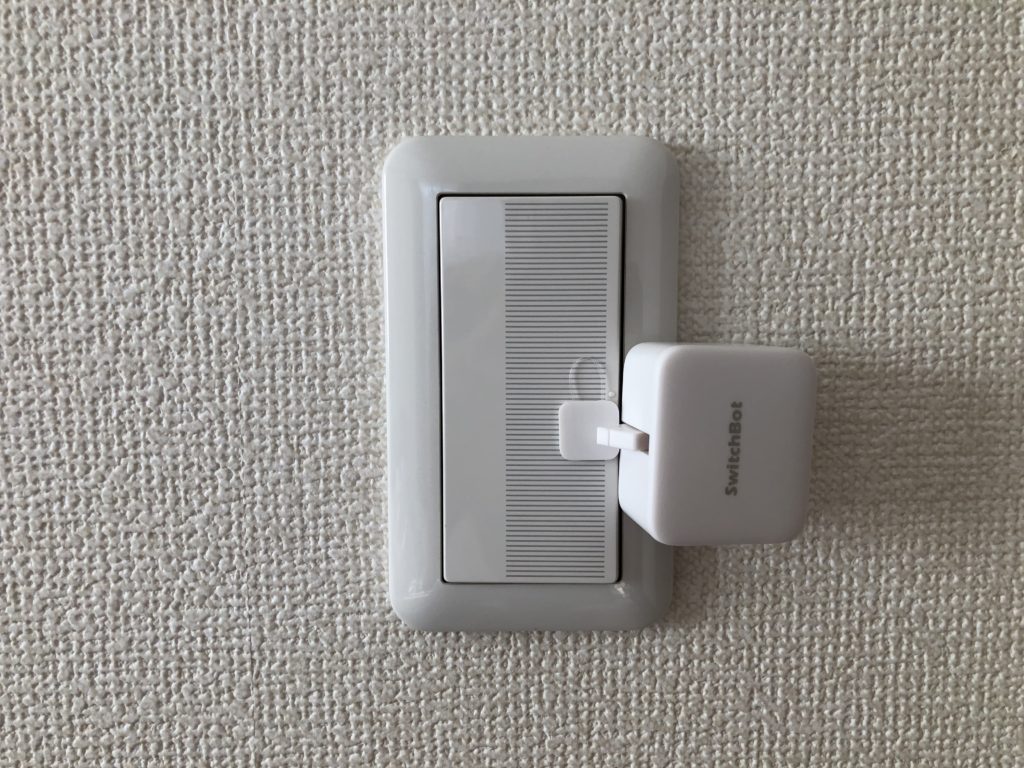When you decide to buy a new top-loading washer, you need to choose between two different types: agitator and impeller washers. Both types of washers can help you overcome mountains of laundry problems, so what’s the difference between agitators and impeller washers? Which is better for you?
Table of Contents
How Do Impeller And Agitator Washer Both Clean?
First, let’s analyze the difference between these two washing machine cleaning methods. You’re probably more familiar with washing machines with agitators because they’ve been around for a long time (that’s okay!)
Advances in washing machine technology over the years have ensured that the blender can handle the heaviest loads without being too harsh on your clothes. A traditional agitator is a tall shaft in the center of the wash basket that twists (or agitates) back and forth, rubbing against the laundry to help break up dirt and other particles.
On the other hand, washing machines with impellers do slightly different things than agitators. The impeller is a low-profile cone or disc that spins to rub the laundry against each other to clean it. They also use less motion and water than washing machines with agitators. Impeller washers are designed to allow more room for movement in the laundry room to enhance friction between clothes, which helps provide a gentle yet thorough clean.
How Do Impeller And Agitator Washer Compare?
What Is An Agitator Washer?
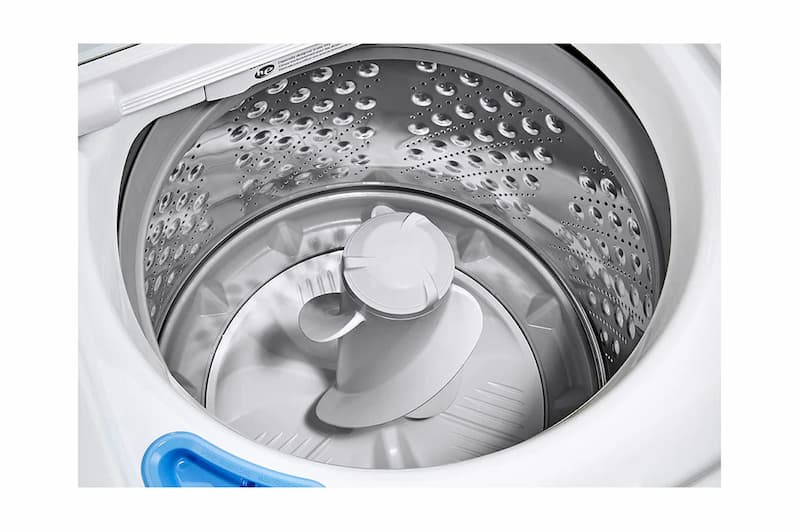
As a more traditional option, top-loading washers often include an agitator. This tall finned spindle sits vertically in the center of the laundry basket and is twisted or agitated back and forth to wash the laundry. When the machine is running, the motion causes the laundry to rub against the agitator, effectively breaking up any loose soil on the laundry.
Pros:
- Efficient Cleaning: The rotary motion of the agitator is ideal for cleaning heavily soiled laundry, breaking up tough dirt for a deeper cleaning effect.
- Familiar feature: Because top-load washers with agitators have been around for so long, this is a familiar option that many people find more comfortable to use.
Cons:
- Harsh on clothes: While technology has improved a lot, agitators can still damage clothes. Their central position and rotational motion in the wash basket can cause clothes to get caught on the agitator and stretch or tear.
- Not suitable for bulky items: Because the agitator is located in the center of the wash basket, it can be difficult to wash bulky items such as pillows or comforters.
Agitators are a central post in a washer that twists back and forth to rub against clothes and help break apart stains.
A washing machine with an agitator is probably the style you’re most familiar with. Despite what some people think, advances in washer technology ensure that agitators can take on your toughest loads — without being tough on your clothes. That job belongs to your family. And between home-run mud stains, early-morning coffee spills, and tough gym sessions, these appliances have their work cut out for them. That’s why they typically provide multiple wash motions to help you provide a great clean.
What Is A Impeller Washer
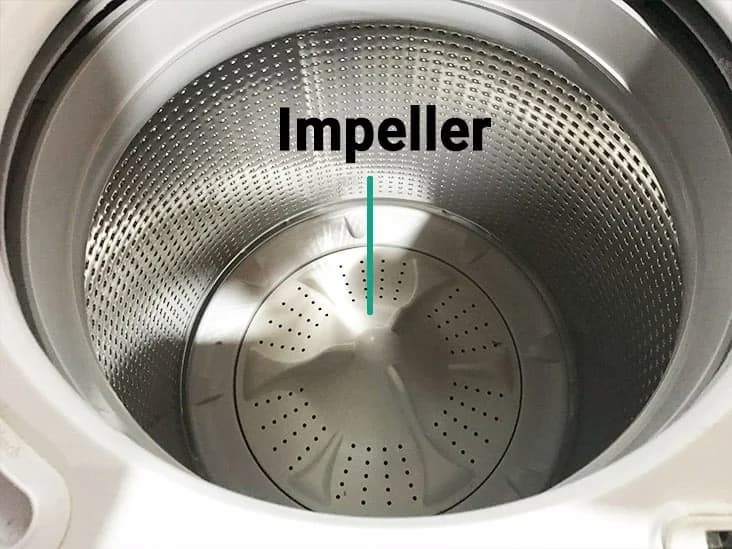
The impeller is a low-profile disc or cone located at the bottom of the wash basket. When the machine is running, the impellers will spin and rub the laundry against each other. The friction between clothes provides gentle, thorough cleaning.
Pros:
- More space: Because the impeller has a low profile, it takes up less space in the wash basket than an agitator. This is ideal for bulky items and easier loading and unloading.
- Energy saving: To optimize friction between clothes, the impeller uses less water than the agitator. The impeller also spins at such a high speed that the clothes are not as wet after washing, effectively reducing the time clothes spend in the dryer.
Cons:
- Longer wash times: Overhead washers with impellers typically complete wash cycles longer than machines with agitators due to the high-speed spin cycle.
- It May be too gentle: While the impeller tends to cause less damage to clothing, this gentle action may result in less effective cleaning. If your clothes often contain hard dirt and stains, it’s harder to remove that dirt and stains with an impeller than with an agitator.
A washing machine with an impeller uses a low-profile cone, wheel, fin, or disc that spins or rotates to gently rub clothes against each other to help loosen stains.
A washing machine with an impeller uses less motion and water than a washer with an agitator. Designed so laundry has more room to move, it drives clothes from the outer rim of the wash basket to the center, using a small amount of water to optimize the friction. This is what helps deliver a gentle, yet thorough clean.
Which One is Best for You?
So, which one is the right choice for your home: a washing machine with a mixer or a washing machine without a mixer? Whether you’re sanitizing baby clothes, washing the mustard from your favorite jeans, or making sure her tights are ready for tomorrow’s ballet class, a blender or impeller model can do the job for you. With cleaning performance, energy efficiency, capacity, innovation, and convenience being roughly equal, your decision really comes down to your personal preference.
Summary
While there are pros and cons to both agitators and impellers, it’s important to see which style works best for your lifestyle.
Read More: Beats Solo Vs Studio


